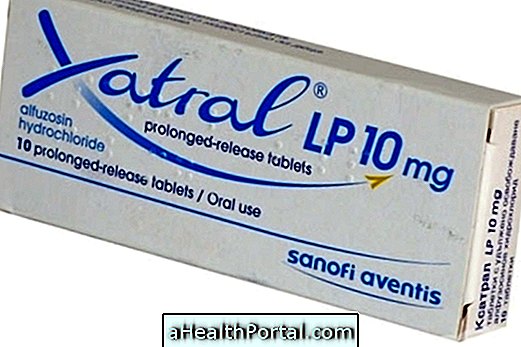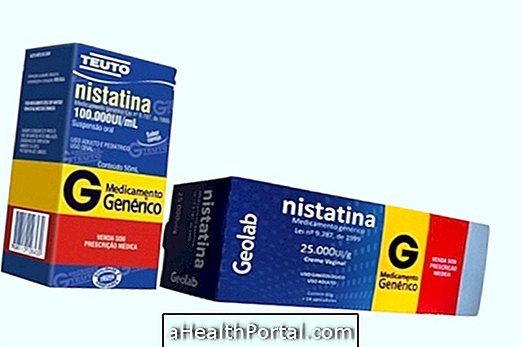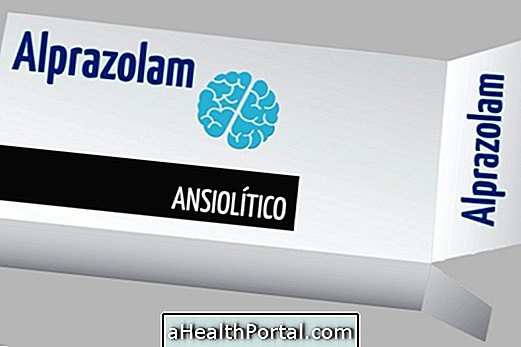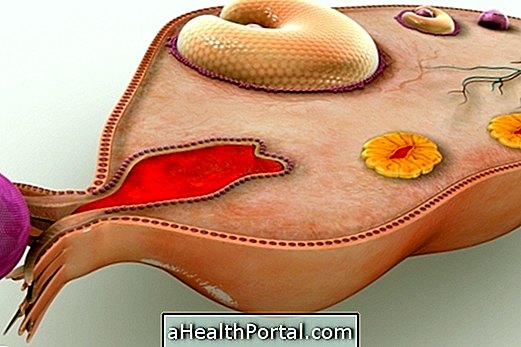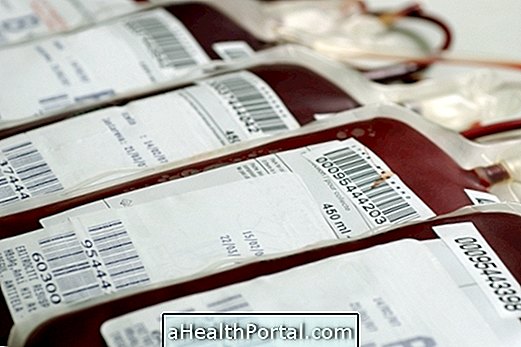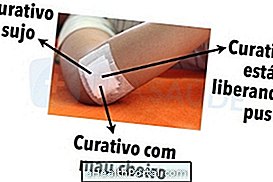Calcitriol is an oral medication known commercially as Rocaltrol.
Calcitriol is an active form of vitamin D and is used in the treatment of patients with difficulty maintaining stable levels of this vitamin in the body, as in the case of renal dysfunctions and hormonal problems.
Calcitriol Indications
Rickets related to vitamin D deficiency; decreased production of parathyroid hormone (hypoparathyroidism); treatment of individuals on dialysis; renal dysfunction; lack of calcium.
Side effects of Calcitriol
Cardiac arrhythmia; increase in body temperature; increased blood pressure; increased urination at night; increased cholesterol; dry mouth; calcification; itching; conjunctivitis; constipation; nasal discharge; decreased libido; Headache; muscle pain; bone pain; elevation of urea; weakness; metallic taste in the mouth; nausea; pancreatitis; weight loss; loss of appetite; presence of albumin in the urine; psychosis; excessive thirst; sensitivity to light; somnolence; excessive urination; vomiting.
Contraindications of Calcitriol
Pregnancy risk C; individuals with high levels of vitamin D and calcium in the body;
How to use Calcitriol
Oral use
Adults and adolescents
Start at 0.25 mcg per day, if necessary, increase doses under the following conditions:
- Lack of calcium : Increase 0.5 to 3 mcg daily.
- Hypoparathyroidism : Increase 0.25 to 2.7 mcg daily.
Children
Start at 0.25 mcg per day if doses need to be increased under the following conditions:
- Rickets : Increase 1 mcg daily.
- Lack of calcium : Increase 0.25 to 2 mcg daily.
- Hypoparathyroidism : Increase 0.04 to 0.08 mcg per kg of subject daily.
